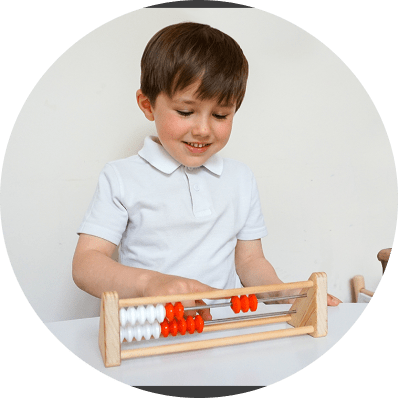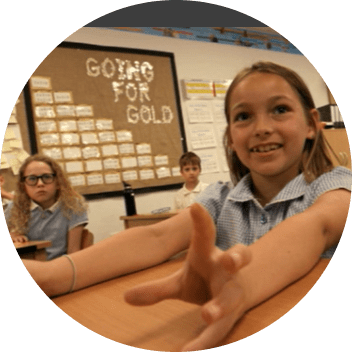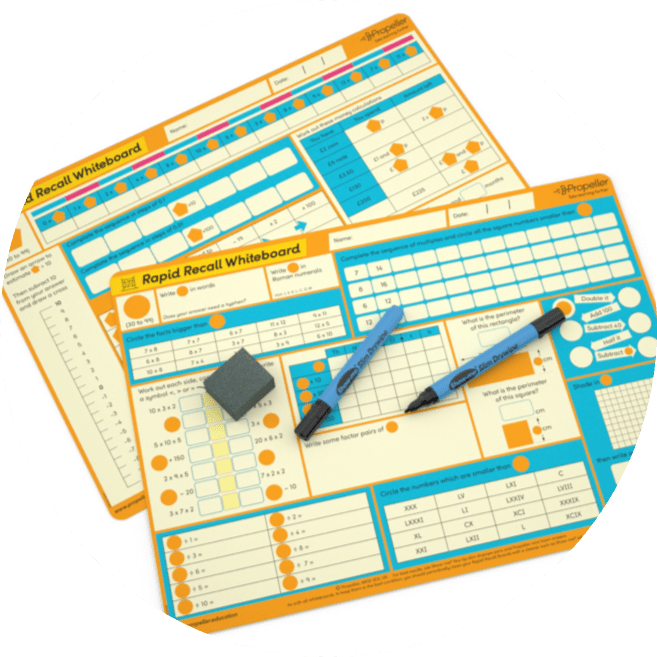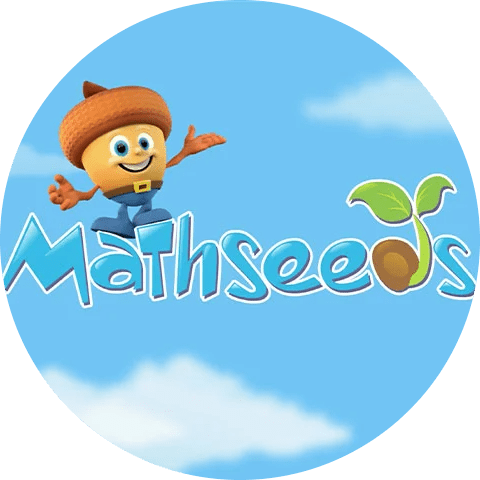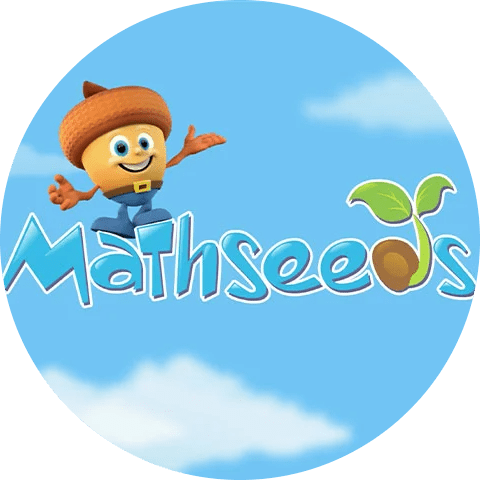
Mathematics

The Intent, Implementation and Impact of Mathematics at Victoria School
"The essence of maths is not to make simple things complicated, but to make complicated things simple."
- Stan Gudder
Intent
At Victoria School we believe that Maths should be fun, enjoyable and engaging. We aim to foster a ‘can do’ attitude where pupils and staff can achieve and develop positive mindsets. Our teaching aims to be inclusive with problem solving and reasoning at its heart to develop pupils who can talk confidently about their Maths. We believe that Maths should be purposeful and practical. We aim to inspire confident learners who will thrive in a changing world.
At Victoria School our intent is that all pupils are confident with their Mathematical ability and understanding.
Pupils should have the skills to: develop their conceptual understanding, problem solving, and strengthen fluency in order to have secure reasoning skills allowing them to become ‘deep thinkers’. Pupils should acquire maths skills that can be recalled and transferred quickly in order for them to be applied in different contexts developing mathematical curiosity.
Mathematics in the Early Years involves providing children with opportunities to develop and improve their skills in counting, understanding and using numbers, calculating simple addition and subtraction problems; and to describe shapes, spaces, and measure.
The Early Years curriculum aims for a child to achieve the following statements before they move into Key Stage One:
Statutory ELG: Number
Children at the expected level of development will:
- Have a deep understanding of number to 10, including the composition of each number;- Subitise (recognise quantities without counting) up to 5;
- Automatically recall (without reference to rhymes, counting or other aids) number bonds up to 5 (including subtraction facts) and some number bonds to 10, including double facts.
Statutory ELG: Numerical Patterns
Children at the expected level of development will:
- Verbally count beyond 20, recognising the pattern of the counting system;
- Compare quantities up to 10 in different contexts, recognising when one quantity is greater than, less than or the same as the other quantity;
- Explore and represent patterns within numbers up to 10, including evens and odds, double facts and how quantities can be distributed equally.
Children within Victoria School Nursery are introduced to the following 6 key areas of early mathematics learning to enable them to progress through the EYFS curriculum in order to achieve the ELG’s:
|
|
|
|
|
|
|
The National Curriculum states the following aims within Mathematics for pupils at key stage 1 and 2:
- become fluent in the fundamentals of mathematics, including through varied and frequent practice with increasingly complex problems over time, so that pupils develop conceptual understanding and the ability to recall and apply knowledge rapidly and accurately.
- reason mathematically by following a line of enquiry, conjecturing relationships and generalisations, and developing an argument, justification or proof using mathematical language.
- can solve problems by applying their mathematics to a variety of routine and non-routine problems with increasing sophistication, including breaking down problems into a series of simpler steps and persevering in seeking solutions.
Implementation
Mathematics in the Early Years is implemented through planned, purposeful play and through a mix of adult-led and child-initiated activity.
Play is essential for children’s development, building their confidence as they learn to explore, to think about problems, and relate to others.
Children learn by leading their own play, and by taking part in play which is guided by adults. There is an ongoing judgement to be made by practitioners about the balance between activities led by children, and activities led or guided by adults. Practitioners must respond to each child’s emerging needs and interests, guiding their development through warm, positive interaction.
A blended approach is used in Reception which utilises the Mastering Number Programme and The Maths-No Problem! Foundations Programme. This offers a full-year programme of teaching and learning activities, exercises and stories to deliver a firm foundation for developing maths mastery. As children grow older, and as their development allows, it is expected that the balance will gradually shift towards more activities led by adults, to help children prepare for more formal learning in year 1.
In planning and guiding children’s activities in Mathematics, practitioners in the Early Years must reflect on the different ways that children learn and reflect these in their practice.
Three characteristics of effective teaching and learning are:
- playing and exploring - children investigate and experience things, and ‘have a go’
- active learning - children concentrate and keep on trying if they encounter difficulties, and enjoy achievements
- creating and thinking critically - children have and develop their own ideas, make links between ideas, and develop strategies for doing things.
At Victoria School we follow the Maths Mastery approach as outlined by the NCETM.
Following thorough assessment a bespoke approach is planned to ensure all children’s needs are met. NCETM’s Prioritisation materials are used to create a blended approach within KS1.
The Maths No Problem! Scheme is implemented from Years 1 to 6 which is based on how Mathematics is taught in Singapore and is a DFE approved Textbook scheme. The core principles of the mastery scheme are to:
- to raise standards in Mathematics through using a proven teaching style.
- make Maths more exciting and engaging.
- Instil positive attitudes towards Maths in our pupils, parents and school staff.
- Strengthen the use of Mathematical language through increased mathematical self- confidence and collaboration with peers.
In the maths lesson, we may begin with 15 minutes of fluency. During this time a small number of children will participate in a pre-teaching activity, this is to support learners by exposing them to the lesson to minimise sense of failure and support them to become successful.
Every lesson starts with a problem called an ‘Explore’ task. Children are given time to collaborate using resources as appropriate to expose the structures within the problems. Children are given opportunities to discuss and reason their ideas and feedback to the whole class.
This leads into the ‘Master’ section where methods are further discussed and refined and the main learning is introduced. There will then be a ‘Guided Practice’ activity where children get to try their learning on a few carefully selected questions. This provides opportunities for staff to carefully identify children that may not have grasped the concept and need further intervention within the lesson.
Finally, there is the workbook element of the lesson where children work independently to practice their learning. Lessons may be supplemented with a range of challenge activities from a number of different sources.
Basic arithmetic skills are practiced regularly in order to give children the opportunity to increase fluency. This is often tasks set by teachers using Freckle, Mathletics, TT Rock-stars, Numbots, Mathseeds or use of resources such as Rapid Recall Boards.
In addition to daily mathematics lessons children in KS1 take part in a Mastering Number session, this is to secure firm foundations in the development of good number sense for all children. The aim over time is that children will leave KS1 with fluency in calculation and a confidence and flexibility with number. In KS2 pupils in Years 4 and 5 take part in a Mastering Number session. This project enables pupils in Years 4 and 5 to develop fluency in multiplication and division facts, and a confidence and flexibility with number that exemplifies good number sense.
To support parents, schools will host a number of open mornings/afternoons where parents will be invited into school to try out certain elements of the scheme. Information is provided to further support parents on the school’s website.
The school operates an open-door policy for parents if they wish to discuss the mastery approach. There are also a number of supporting documents and clips on the school website which parents can access in order to provide the best possible support to their children at home.
We have a Teaching for Mastery Specialist who trained in 2016 through the NNW Maths Hub and who is also an Accredited Professional Development Lead and School Development Lead. This is supporting the implementation of mastery approaches using the Maths No Problem scheme across Victoria School. We are a Sustaining Mastery School having worked through the Primary Pathway and access high quality CPD through our local Maths Hub. We are following a lesson study approach in each year group building teaching and learning skills.
Please click here to watch the Tools for Teaching Video
Impact
At Victoria School teachers ensure that pupils are ready for their next stage of learning through providing a well-constructed, well-taught curriculum that is based on the mastery approach allowing pupils to reflect and build upon what they have learned.
Through a wide range of pedagogical and assessment strategies, teachers will ensure that pupils retain knowledge, understanding and vocabulary so that they not only achieve their age-related expectation, but are also confident in overcoming the challenges and barriers that mathematics presents.
Inclusive opportunities will improve the well-being and self-confidence throughout the learning journey of each individual pupil and ensures that all disadvantaged and SEND pupils acquire the relevant knowledge and cultural capital necessary to succeed in life.
For a more in-depth look at how we teach aspects of fluency in Maths please use the links below:-





























